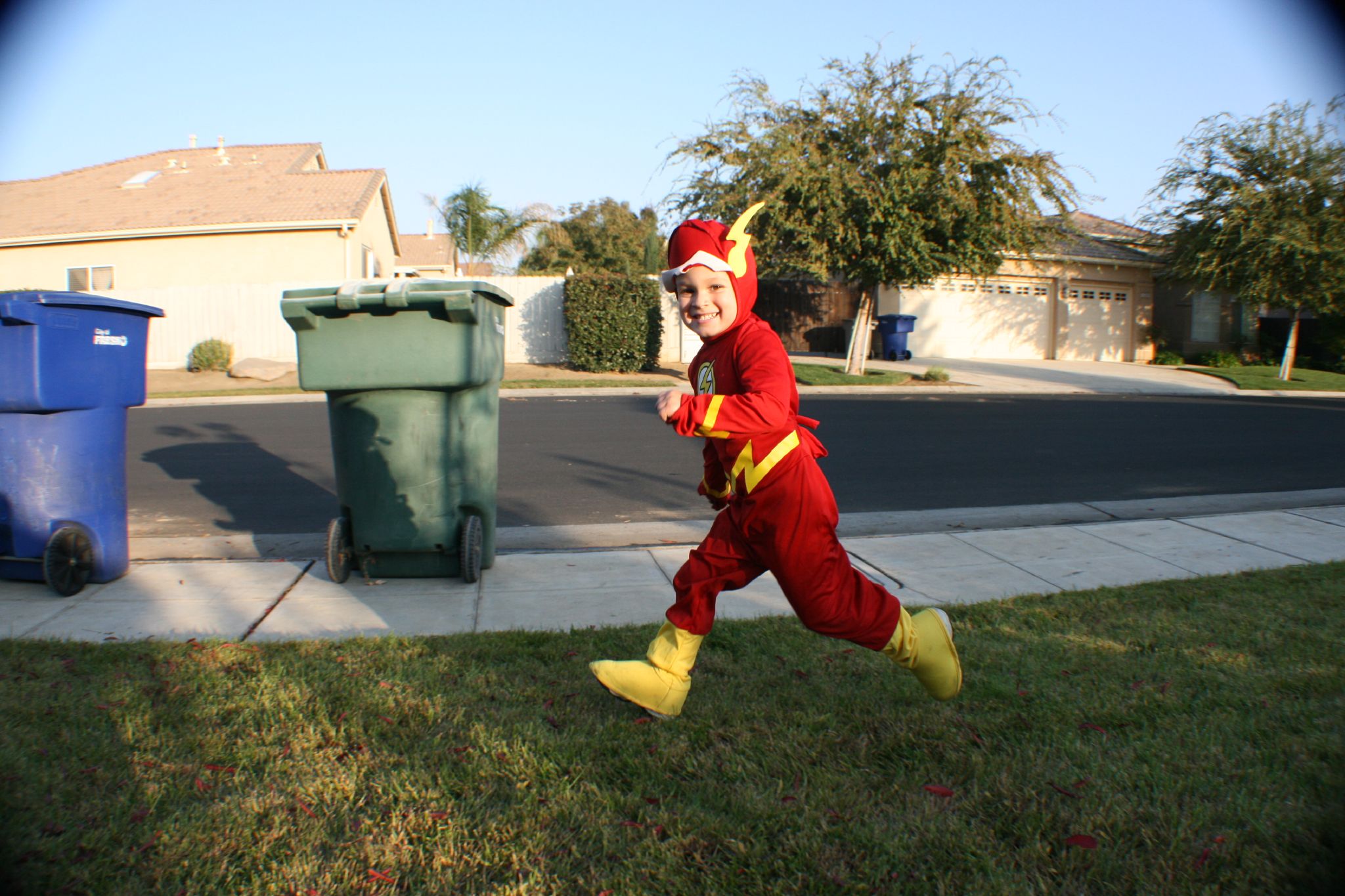Today is International Youth Day, a day designated by the United Nations to promote awareness of cultural and legal issues surrounding young people.
The theme for International Youth Day 2016 is the leading role of young people in eradicating poverty and achieving sustainable development.
We thought that it would be fun to highlight a few (real and fictional) young people who have done inspirational things for human rights and point out where you can find more information on how human rights promote the interests of children. It’s a non-exhaustive list, so please feel free to suggest other people and resources in the comments!
Joshua Wong
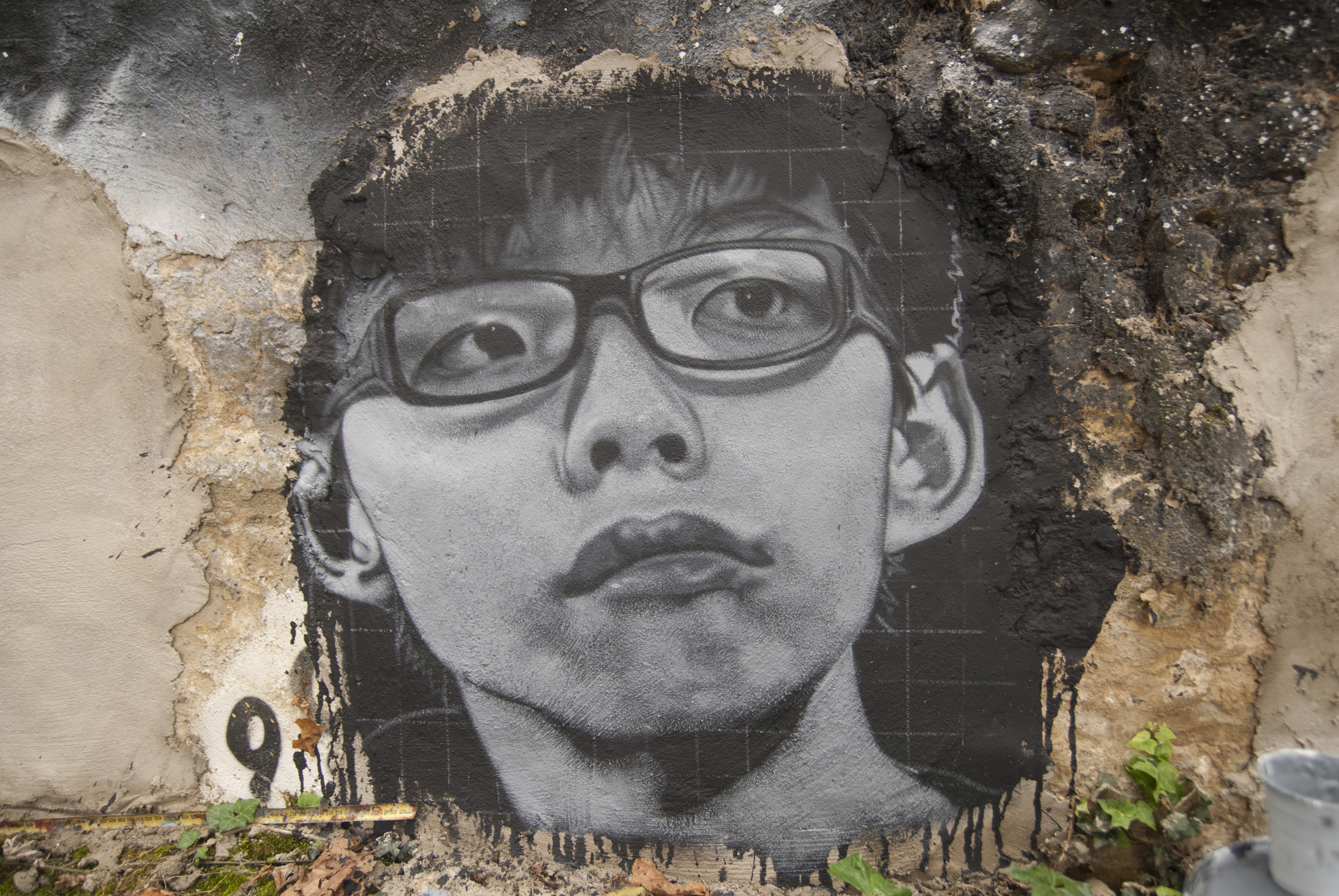
Joshua Wong may not be a household name in the UK, but he certainly is in Hong Kong. In 2014, he led many Hong Kong students in the Umbrella Movement which demanded universal suffrage – arguing that all adult Hong Kong citizens should be able to vote for their leader. Joshua was arrested and charged for joining an unlawful assembly and inciting others to join an unlawful assembly. He became a symbol of the pro-democracy movement in Hong Kong.
The right to vote, freedom of assembly and freedom of expression are human rights. Learn more about them here.
Malala Yousafzai
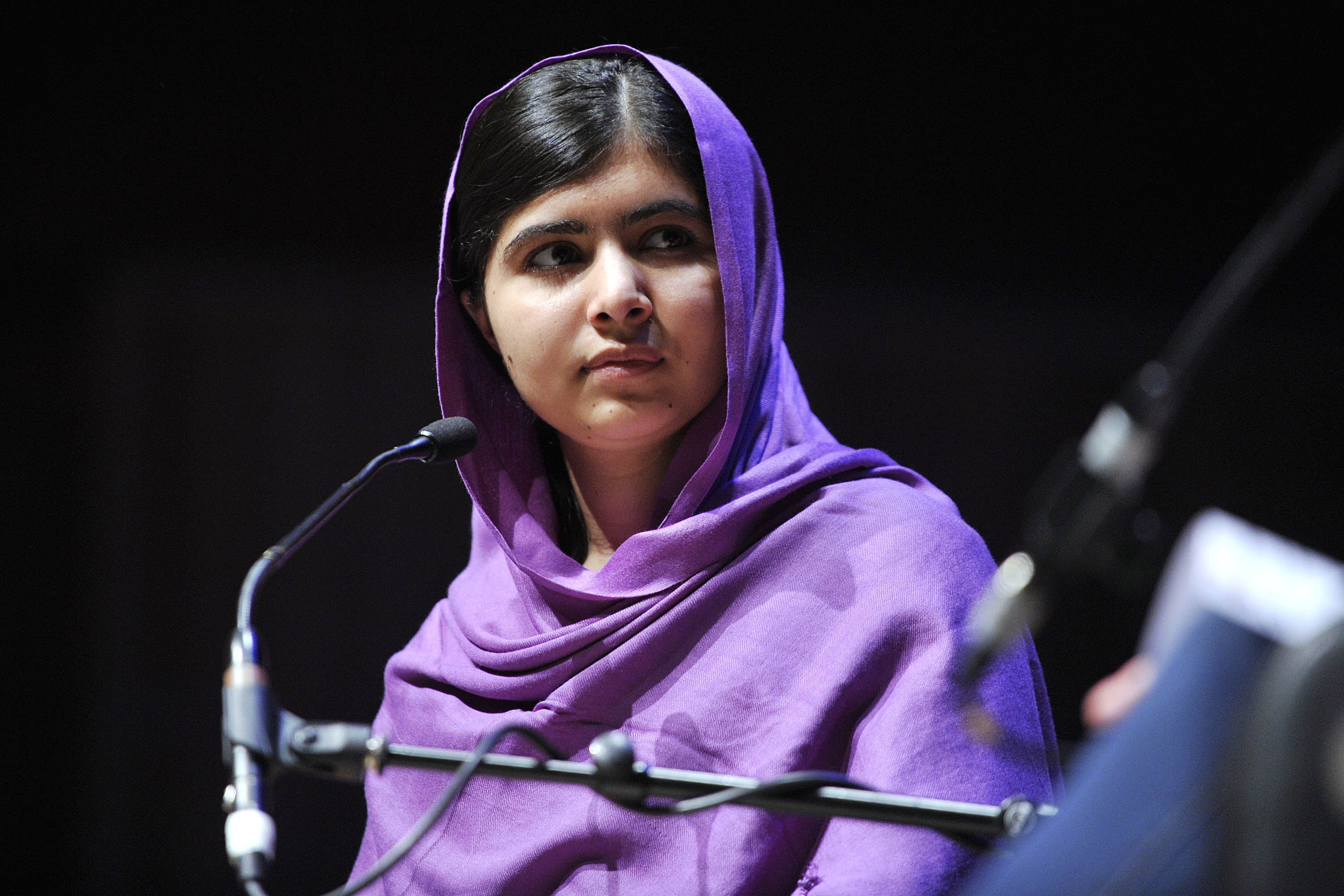
Of course, no list of inspirational young people is complete without Malala. From 2009, she ran a blog for the BBC in which she spoke about her life in Swat Valley, Pakistan, which was under occupation by the Taliban (an Islamic fundamentalist political movement).
Malala became a household name in 2012 after she was shot in the head by the Taliban for speaking out about the importance of education for girls. In 2014 she was a co-recipient of the Nobel Peace Prize in recognition of her vocal support for education for all children. The Malala Fund was set up by Malala and her father, Ziauddin, to promote access to education for girls across the world. It has, among other things, invested in schools in Lebanon and Jordan that provide education for Syrian refugee girls who are at risk of forced marriage.
Access to educational institutions without discrimination is a human right. Learn more here and here.
Emma Watson & Hermione Granger
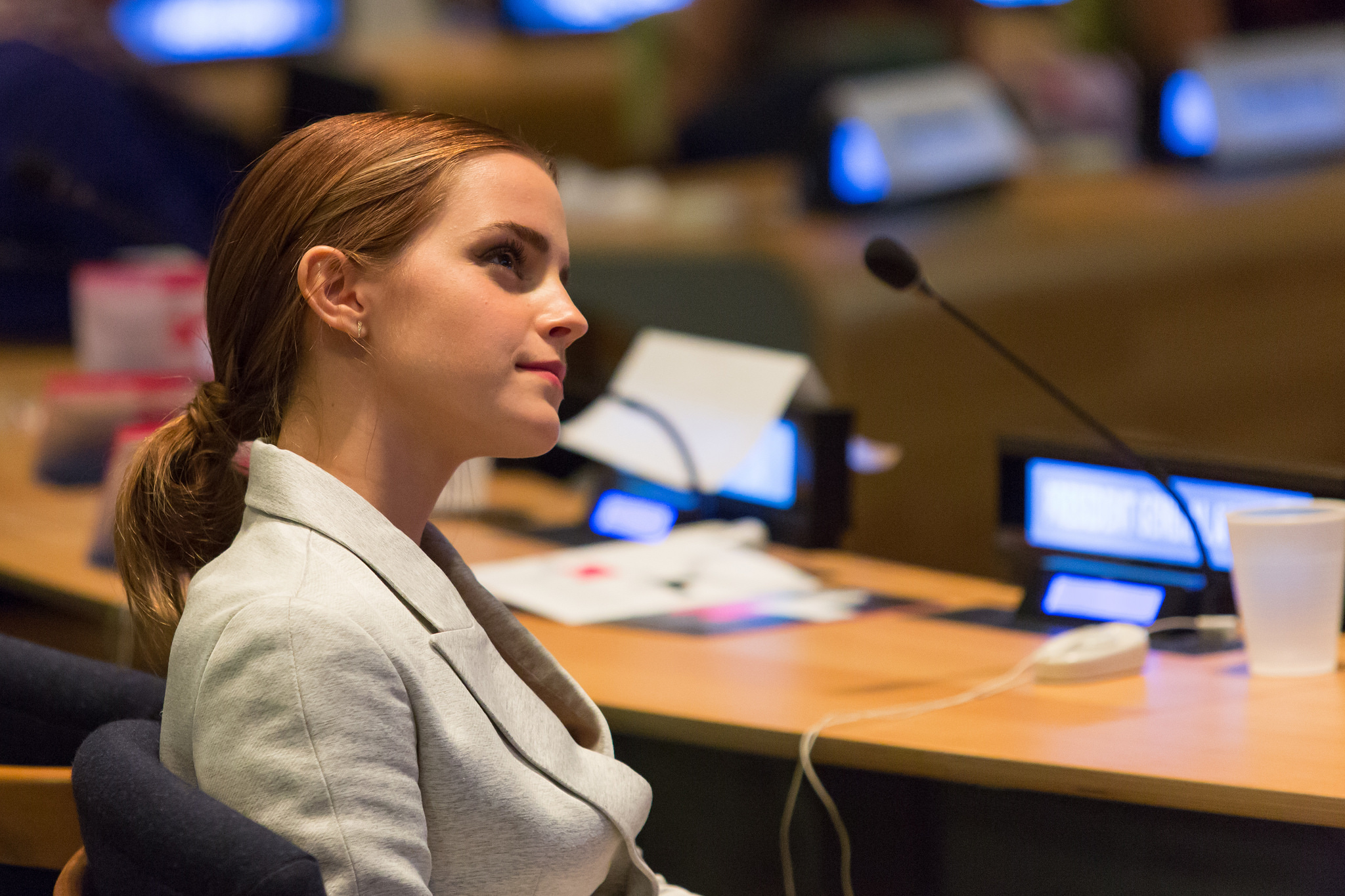
OK, this is two people (and one of them is fictional), but both actress Emma Watson and her Harry Potter character Hermione Granger have been influential in promoting equality.
Emma Watson is a vocal advocate of equal rights for women and girls. In 2014, she launched the HeForShe campaign, a solidarity movement encouraging men and boys to support gender equality. She is an Ambassador for United Nations Women. She recently started a book club, Emma’s Shared Shelf, to share novels which focus on empowering women.
Watson’s Harry Potter alter ego, Hermione, also has a passion for equality. She is a vocal supporter of the rights of wizards and witches born to non-magical parents and of non-human magical creatures, especially house elves. House elves are essentially slaves but they can be freed if they are presented with clothing. Hermione knits clothes to set them free and also created the Society for the Promotion of Elfish Welfare to promote house elf rights.
Freedom from discrimination is a human right. Learn more here.
Peeta Mellark
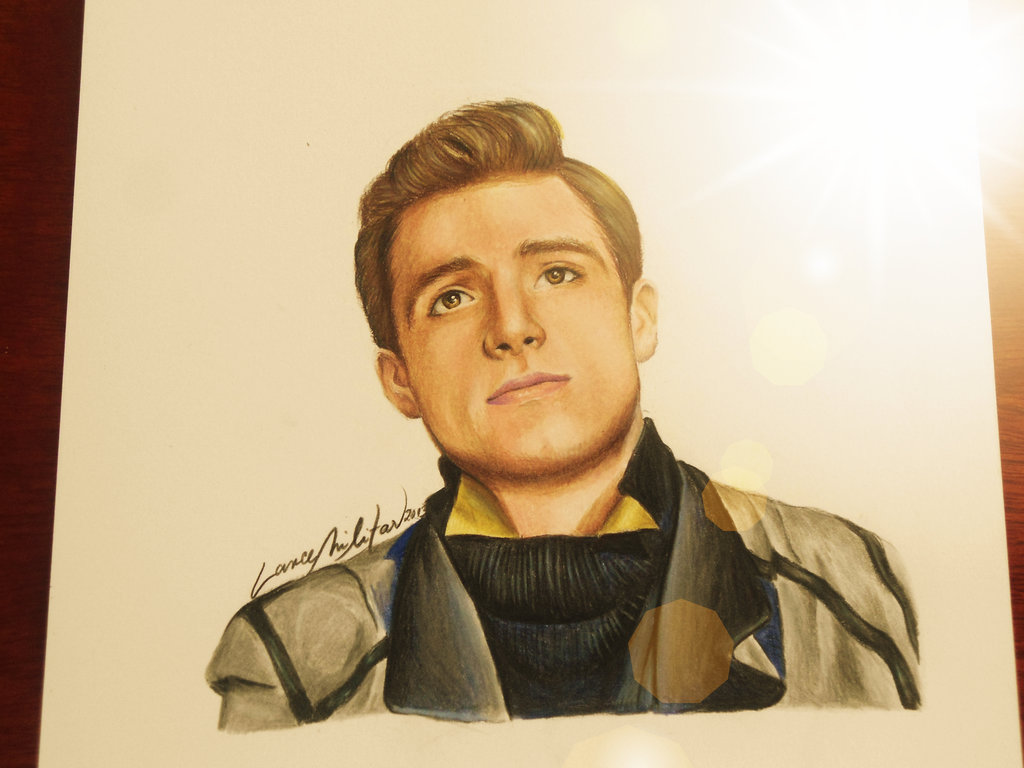
Another fictional one, and perhaps less well-known than Hermione, but Peeta Mellark of the Hunger Games trilogy is worth a mention. Peeta lives in Panem, a dystopia with one wealthy Capitol and 12 districts that each exist in various states of poverty. Peeta grows up in a generally poor area (District 12) but his family run a bakery. He witnesses the other residents struggling to survive due to food shortages and does what he can to help those less fortunate (for example, he sneakily tosses a burned loaf of bread to main character Katniss so she can feed herself and her family).
When Peeta and Katniss are selected to participate in the Hunger Games (a televised event in which young people from each district are pitted against each other to fight to the death), they become a symbol of rebellion. Peeta and Katniss fight against the oppressive Capitol for a fairer distribution of wealth so that no one has to live in poverty.
How do human rights protect children and young people?
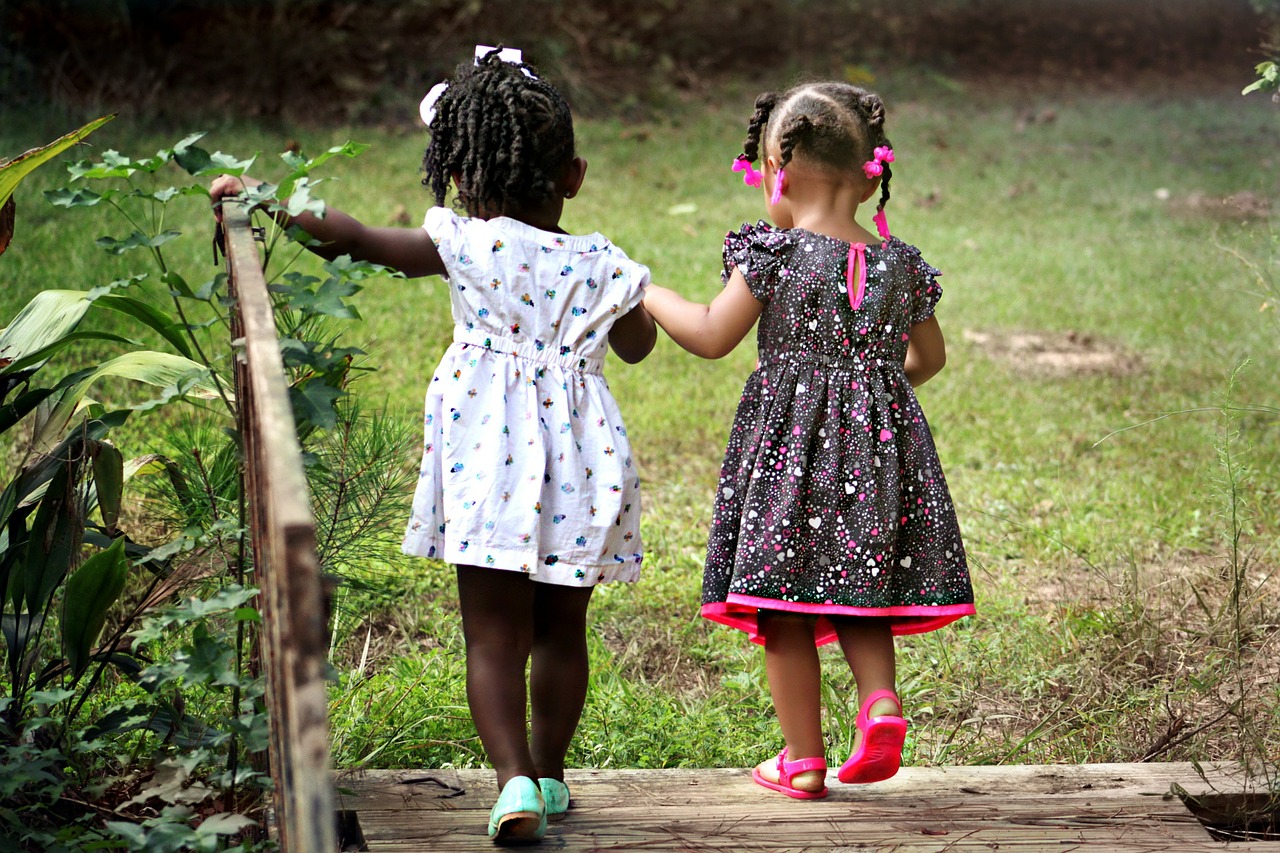
Because of human rights, it is illegal across the UK to beat children, families have legal protection against being separated, and children are protected when giving evidence in courts. These are just a few examples of how human rights protect and promote the interests of children and young people. You can read more about children’s rights with our key cases infographic, our stories and our other children’s rights resources.
Learn more about your human rights with our infographic posters. For more human rights news, views and information subscribe to RightsInfo and follow us on Facebook and Twitter.

